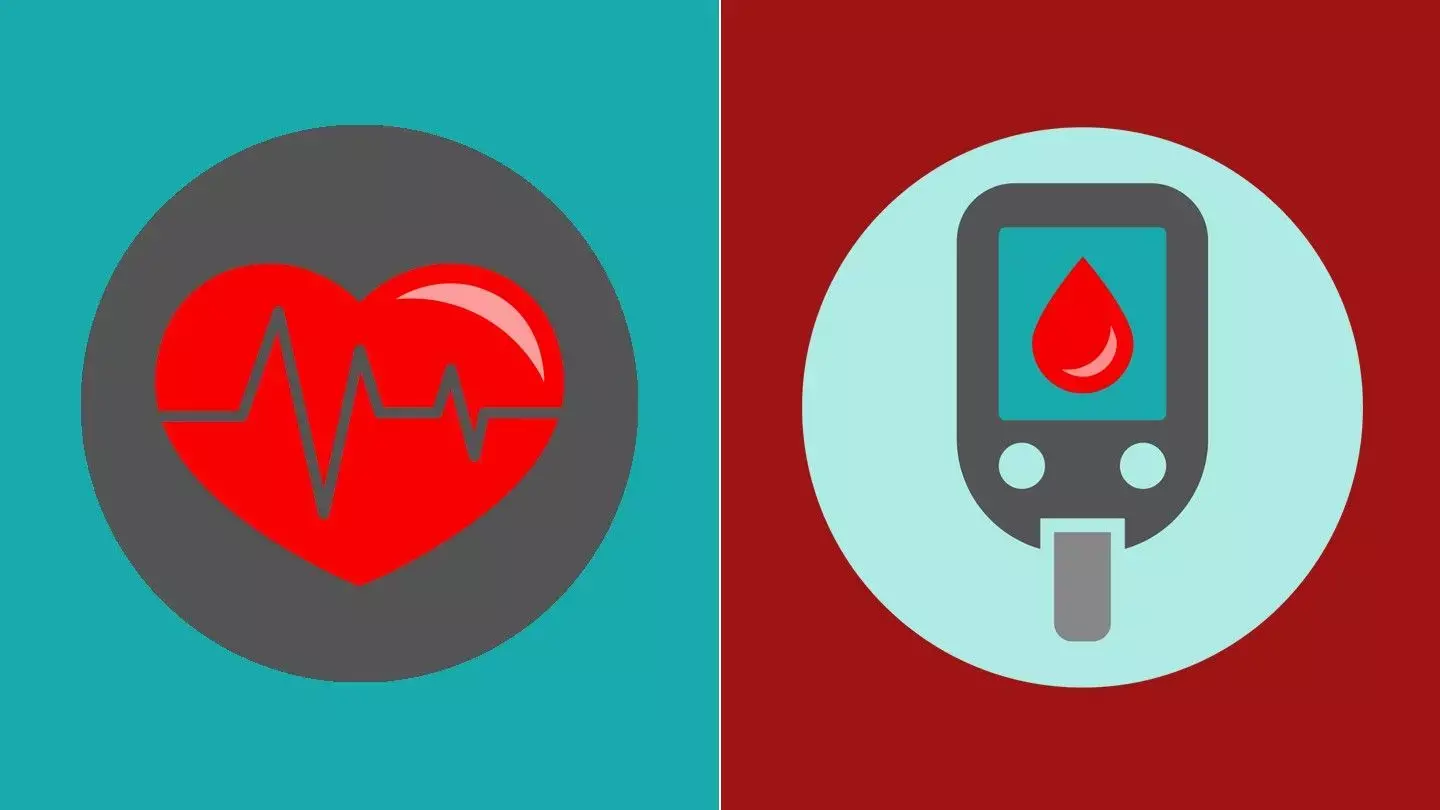- Home
- Medical news & Guidelines
- Anesthesiology
- Cardiology and CTVS
- Critical Care
- Dentistry
- Dermatology
- Diabetes and Endocrinology
- ENT
- Gastroenterology
- Medicine
- Nephrology
- Neurology
- Obstretics-Gynaecology
- Oncology
- Ophthalmology
- Orthopaedics
- Pediatrics-Neonatology
- Psychiatry
- Pulmonology
- Radiology
- Surgery
- Urology
- Laboratory Medicine
- Diet
- Nursing
- Paramedical
- Physiotherapy
- Health news
- Fact Check
- Bone Health Fact Check
- Brain Health Fact Check
- Cancer Related Fact Check
- Child Care Fact Check
- Dental and oral health fact check
- Diabetes and metabolic health fact check
- Diet and Nutrition Fact Check
- Eye and ENT Care Fact Check
- Fitness fact check
- Gut health fact check
- Heart health fact check
- Kidney health fact check
- Medical education fact check
- Men's health fact check
- Respiratory fact check
- Skin and hair care fact check
- Vaccine and Immunization fact check
- Women's health fact check
- AYUSH
- State News
- Andaman and Nicobar Islands
- Andhra Pradesh
- Arunachal Pradesh
- Assam
- Bihar
- Chandigarh
- Chattisgarh
- Dadra and Nagar Haveli
- Daman and Diu
- Delhi
- Goa
- Gujarat
- Haryana
- Himachal Pradesh
- Jammu & Kashmir
- Jharkhand
- Karnataka
- Kerala
- Ladakh
- Lakshadweep
- Madhya Pradesh
- Maharashtra
- Manipur
- Meghalaya
- Mizoram
- Nagaland
- Odisha
- Puducherry
- Punjab
- Rajasthan
- Sikkim
- Tamil Nadu
- Telangana
- Tripura
- Uttar Pradesh
- Uttrakhand
- West Bengal
- Medical Education
- Industry
Diabetics with thin-cap fibroatheroma on OCT at high CV risk despite negative FFR: Study

Patients with diabetes who have a thin-cap fibroatheroma (TCFA) coronary lesion have a significant increase in adverse cardiac events despite negative findings on FFR, suggests a study published in the European Heart Journal.
A group of European researchers conducted a study to understand the impact of optical coherence tomography (OCT)-detected thin-cap fibroatheroma (TCFA) on clinical outcomes of diabetes mellitus (DM) patients with fractional flow reserve (FFR)-negative lesions.
The study named OMBINE OCT-FFR was a prospective, double-blind, international, natural history study. After FFR assessment, and revascularization of FFR-positive lesions, patients with ≥1 FFR-negative lesion (target lesions) were classified into two groups based on the presence or absence of ≥1 TCFA lesion.
The primary endpoint compared FFR-negative TCFA-positive patients with FFR-negative TCFA-negative patients for a composite of cardiac mortality, target vessel myocardial infarction, clinically driven target lesion revascularization or unstable angina requiring hospitalization at 18 months.
The results of the study are as follows:
- Among 550 patients enrolled, 390 (81%) patients had ≥1 FFR-negative lesion. Among FFR-negative patients, 98 (25%) were TCFA positive and 292 (75%) were TCFA negative.
- The incidence of the primary endpoint was 13.3% and 3.1% in TCFA-positive vs. TCFA-negative groups, respectively.
- The Cox regression multivariable analysis identified TCFA as the strongest predictor of major adverse clinical events (MACE)
Thus, the researchers concluded that among Diabetes mellitus patients with ≥1 FFR-negative lesions, TCFA-positive patients represented 25% of this population and were associated with a five-fold higher rate of MACE despite the absence of ischaemia. This discrepancy between the impact of vulnerable plaque and ischaemia on future adverse events may represent a paradigm shift for coronary artery disease risk stratification in Diabetes mellitus patients.
Reference:
Thin-cap fibroatheroma predicts clinical events in diabetic patients with normal fractional flow reserve: the COMBINE OCT–FFR trial by Kedhi, E et. al published in the European Heart Journal.
Dr. Shravani Dali has completed her BDS from Pravara institute of medical sciences, loni. Following which she extensively worked in the healthcare sector for 2+ years. She has been actively involved in writing blogs in field of health and wellness. Currently she is pursuing her Masters of public health-health administration from Tata institute of social sciences. She can be contacted at editorial@medicaldialogues.in.
Dr Kamal Kant Kohli-MBBS, DTCD- a chest specialist with more than 30 years of practice and a flair for writing clinical articles, Dr Kamal Kant Kohli joined Medical Dialogues as a Chief Editor of Medical News. Besides writing articles, as an editor, he proofreads and verifies all the medical content published on Medical Dialogues including those coming from journals, studies,medical conferences,guidelines etc. Email: drkohli@medicaldialogues.in. Contact no. 011-43720751


